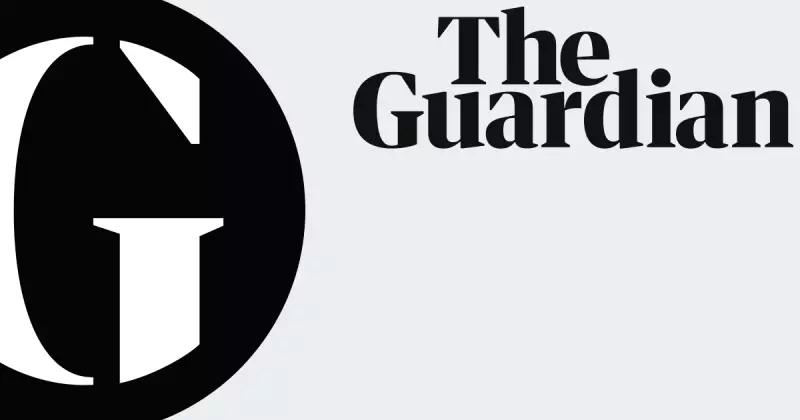
Nepal has been plunged into a severe state of unrest following a government decision to impose a sweeping ban on major social media platforms, a move that has ignited furious nationwide protests and led to deadly clashes between demonstrators and security forces.
The controversial blackout, which targets platforms like Facebook, WhatsApp, and Instagram, was officially enacted on Monday, September 8th, 2025. Authorities cited the need to curb "misinformation and social discord" as the primary justification. However, critics and citizens alike have condemned the act as a draconian measure to silence dissent and control the flow of information.
A Nation Pushed to the Brink
The immediate public reaction was one of fury. Spontaneous demonstrations erupted across the country, with the most intense scenes unfolding in the capital, Kathmandu. Thousands of protesters, largely comprised of students and youth, took to the streets, decrying the ban as a direct attack on their fundamental rights to free expression and communication.
What began as peaceful rallies quickly escalated into violent confrontations. Police and military units deployed tear gas, water cannons, and, according to numerous eyewitness reports, live ammunition in attempts to disperse the swelling crowds. Protesters retaliated by throwing stones and setting fire to vehicles.
Mounting Casualties and Escalating Tensions
The human cost of the crackdown has been severe. Reports from local hospitals confirm at least three fatalities and dozens more injured, with many suffering from gunshot wounds and the effects of tear gas inhalation. The exact number of casualties is feared to be higher, as communications remain disrupted.
The situation on the ground is described as "volatile and extremely dangerous". A curfew has been imposed in several districts, but it has been largely ignored by protesters who vow to continue their demonstrations until the ban is lifted. The government has so far remained defiant, characterising the protesters as "anti-national elements" and vowing to restore order.
International Condemnation and Digital Rights
The crisis in Nepal has drawn sharp international criticism. Digital rights organisations have lambasted the social media shutdown as a blatant violation of human rights. Access Now, a leading digital advocacy group, stated, "Shutting down social media is an indiscriminate measure that violates rights to free expression and access to information. The Nepali government must restore access immediately."
This event places Nepal amongst a worrying global trend of governments using internet shutdowns as a tool for political control, raising serious concerns about the future of digital freedoms and democracy in the region.





